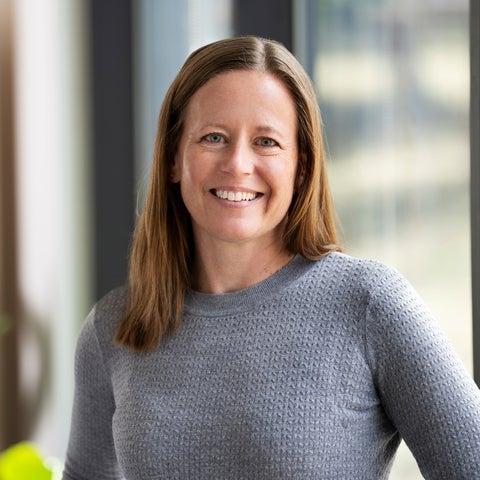The Can-Peat project will quantify the potential of peatland management in Canada to contribute to climate change mitigation as a nature-based solution. Peatlands cover over 12% of Canada’s land area and store an estimated 150-160 Gt of carbon in their soils. This makes Canadians stewards of ~25% of the world’s peatland C, the protection of which has been recognized internationally, through the UN Environment Program’s Global Peatlands Initiative (GPI), as key to climate change mitigation. Recent work on natural climate solutions in Canada indicates that peatland management could provide an average annual GHG emission reduction of ~10 Mt CO2e in the year 2030. However, uncertainty in this estimate is high (std. dev. ~8 Mt CO2e) due to knowledge gaps on the size of the peat C stock, its vulnerability to disturbances, and the response of peatland GHG exchange to management actions. Led by internationally-recognized leaders in peatland science, the objective of this project is to bring together Canadian peatland experts to reduce uncertainty in GHG emission reductions from peatland management actions and evaluate the costs and benefits of policy instruments to support their implementation.
The Climate Action Awareness Fund shall enable the recipient to leverage decades of world class Canadian research on peatland carbon and GHG cycling to quantify the potential of peatland management to reduce Canada’s GHG emissions. This goal will be achieved by creating an open access database of peatland distribution, condition and vulnerability, innovative modelling response to disturbance, and developing decision-support tools for climate friendly management. Can-Peat will also train the next generation of peatland scientists, managers, and policymakers.
Canada is home to over 25% of the world’s peatland area, representing a crucial soil carbon stock. The Can-Peat project will enable us to bring together key partners across the country and build on decades of world class peatland research to inform how to best protect and manage these ecosystems in a changing climate.
Waterloo Climate Institute member contributions
Maria Strack is the principal investigator with Kelsey Leonard, Rich Petrone, Fereidoun Rezanezhad and Philippe van Cappellen acting as co-investigators. These members are part of a wider team spearheading this important work thanks to Environment and Climate Change Canada's Climate Action and Awareness Fund (CAAF). This project was undertaken with the financial support of the Government of Canada.





UWaterloo co-investigators

Roy Brouwer is Executive Director of the University of Waterloo’s Water Institute and Professor in the Department of Economics. He holds the University Chair in Water Resource Economics and is the founding Editor-in-Chief of the Elsevier journal with the same name. His work is highly interdisciplinary. He is cross-appointed in the University of Waterloo’s Department of Earth and Environmental Sciences (EES), the Department of Civil and Environmental Engineering (CEE), Geography and Environmental Management (GEM) and the School of Environment, Resources and Sustainability (SERS). Learn more about his research on his Water Economics Research Group (WEGRG) website.
Co-investigators from Canadian universities
- Carleton University: Elyn Humphreys
- Memorial University: Jianghua Wu
- UQAM: Michelle Garneau
- UMontreal: Oliver Sonnentag
- McGill: Mary Kang
- UAlberta: David Olefeldt
Project partners
- ECCC – Atmospheric Science and Technology Directorate
- ECCC – Pollutant Inventories and Reporting
- NRCan – Canadian Forest Service
- Ontario Ministry of the Environment, Conservation and Parks
- Quebec Ministère de l’environnement et de la lutte contre les changement climatique
- Manitoba Agriculture and Resource Development
- Alberta Environment and Parks
- Government of the Northwest Territories
- Alberta Biodiversity Monitoring Institute
- Ducks Unlimited Canada
- Nature United
- Canadian Sphagnum Peat Moss Association
- Viresco Solutions
- Dené Tha First Nation